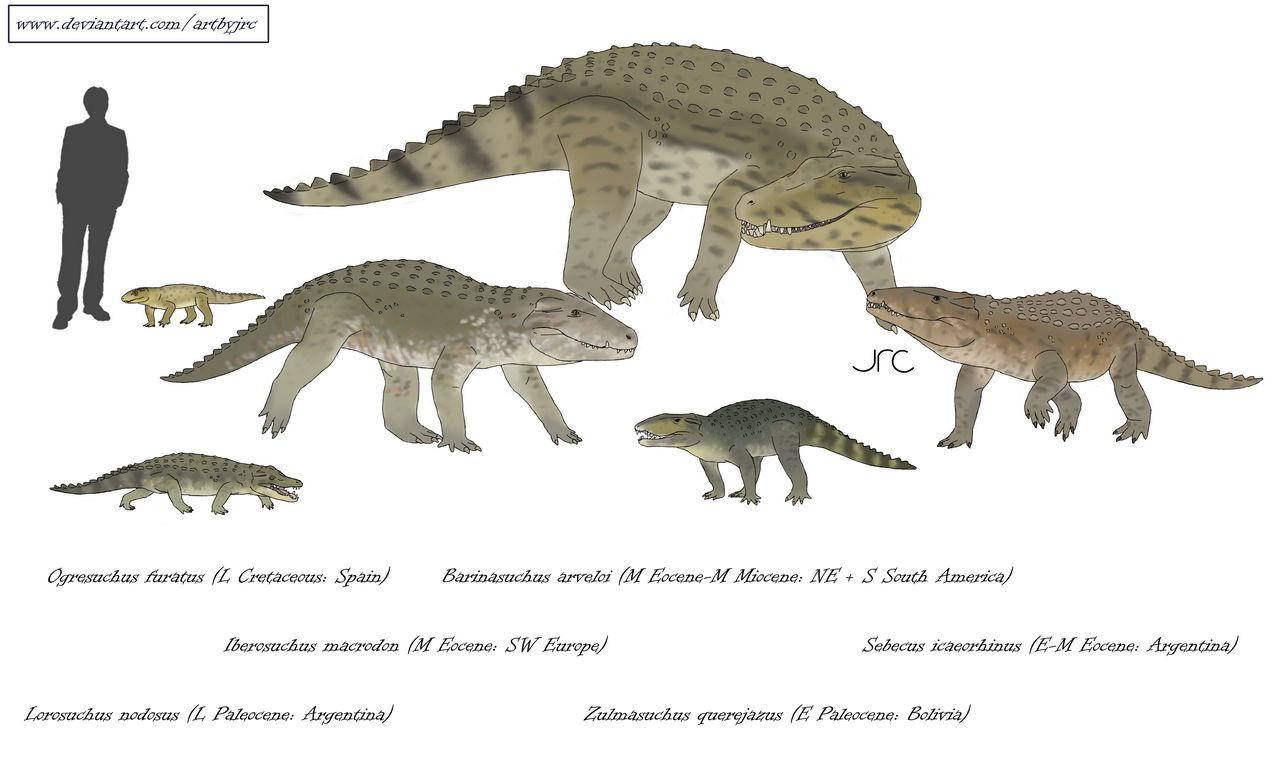In a shocking incident that has raised alarm bells across residents, Florida has witnessed its first known fatal bear attack involving an 89-year-old man and his dog in Collier County. The Florida Fish and Wildlife Conservation Commission (FWC) confirmed that Robert Markel lost his life to one or more Florida black bears, marking a tragic milestone in the state’s interactions with its bear population. This fatal bear encounter has prompted authorities to reconsider the previously suspended bear hunting programs, as the number of troublesome encounters is on the rise. The attack serves as a stark reminder of the increasing presence of black bears in Florida as their population has rebounded to over 4,000. In light of this tragedy, officials urge the public to remain vigilant in their interactions with wildlife, stressing the importance of safety in an area where bear sightings have become more common.
In recent news, the unfortunate event of a bear attack in Florida has sparked considerable concern among local communities. The tragic death of an elderly man during this encounter with a bear, alongside reports of increased sightings, highlights the complex relationship between humans and wildlife in the Sunshine State. These incidents, particularly in areas like Collier County, underline the need for heightened awareness and prevention strategies regarding Florida black bears. With discussions resurfacing about regulating bear hunting in Florida to manage the growing black bear population, residents are left contemplating the implications of cohabiting with these majestic creatures. The call for careful monitoring and responsible interactions has never been more pertinent as authorities navigate the challenges posed by both public safety and wildlife conservation.
Florida Bear Attack: A Grim Milestone
The reality of a Florida bear attack has been brought to light following the tragic incident that led to the first known fatal bear attack in the state. The victim, Robert Markel, an 89-year-old man, lost his life, along with his beloved dog, during this horrifying encounter in Collier County. This incident has sparked significant concern among residents and wildlife officials alike, with many questioning the implications of the state’s growing black bear population. With over 4,000 bears inhabiting Florida, the balance between human safety and wildlife conservation is now under intense scrutiny.
Witnessing the fatal bear encounter, Markel’s daughter instantly called 911, illustrating the urgent need for more awareness around bear behavior in Florida. The aftermath, where authorities found both Markel and his dog deceased at different times, has left a community in mourning and prompted a swift response from wildlife management. The Florida Fish and Wildlife Conservation Commission (FWC) has already taken action by setting traps and cameras, leading to the euthanization of three bears suspected to be involved in the attack. This reaction underscores the critical intersection of human and wildlife interactions in regions where bear populations have surged.
Frequently Asked Questions
What happened in the recent Florida bear attack involving Robert Markel?
In a tragic incident in Collier County, Florida, 89-year-old Robert Markel and his dog were both killed in what is now recognized as the state’s first recorded fatal bear attack. Authorities stated that Markel’s daughter witnessed the bear attack on her father’s dog before discovering Markel’s body nearby on their property.
What types of bear attacks have been reported in Florida this year?
This year, two bear maulings have been reported in Florida, with the recent fatal bear attack being the most notable incident. The increasing number of encounters highlights the importance of understanding bear behavior and safety measures.
How is the Florida Fish and Wildlife Conservation Commission responding to the bear attack?
Following the fatal bear attack, the Florida Fish and Wildlife Conservation Commission (FWC) deployed cameras and traps and successfully captured three black bears from the area for DNA testing to determine their involvement in the incident.
Why is the FWC considering bear hunting in Florida?
The FWC is contemplating reinstating regulated bear hunting in Florida due to the significant rise in the black bear population, which has grown to over 4,000. The goal of such measures is to better manage bear numbers and reduce the likelihood of dangerous encounters with humans.
What precautions should people take to avoid bear encounters in Florida?
Residents and visitors in Florida should remain vigilant and avoid attracting black bears by securing garbage, not leaving pet food outside, and staying aware of their surroundings in areas known for bear activity, particularly after reports of bear attacks.
What should you do if you encounter a bear in Florida?
If you come across a bear in Florida, the FWC advises you to stand your ground, make yourself appear larger, speak calmly, and not to run or play dead. If a bear attacks, you should fight back to protect yourself.
How has the bear population in Florida changed over the years?
The Florida black bear population has significantly rebounded from just a few hundred in the 1970s to over 4,000 today, thanks to successful conservation efforts. This increase has led to more frequent sightings and encounters with humans.
What does the FWC say about the safety of the area following the bear attack?
The FWC has urged residents and visitors to exercise caution and avoid the area where the bear attack occurred. They are actively monitoring bear activity to ensure public safety and advising against approaching wildlife.
| Key Points |
|---|
| Florida’s first known fatal bear attack reported, involving 89-year-old Robert Markel and his dog in Collier County. |
| Markel’s daughter called 911 after witnessing a bear attack her father’s dog; officials later found Markel’s body. |
| Post-attack investigation led to the killing of three black bears for DNA testing to determine involvement in the attack. |
| The Florida Fish and Wildlife Conservation Commission (FWC) is urging the public to remain vigilant and avoid wildlife. |
| Florida’s black bear population has increased significantly from several hundred in the 1970s to over 4,000 today, leading to more human sightings. |
| Regulated bear hunting is being considered by the FWC to manage bear populations and minimize dangerous encounters. |
| Public safety tips include standing your ground if you encounter a bear and not running or playing dead. |
Summary
The recent Florida bear attack marks a tragic event as it resulted in the first known fatality from a bear incident in the state. The attack raises significant concerns regarding human-bear interactions and highlights the increasing bear population in Florida. As authorities assess the situation, they are closely monitoring bear activities and discussing measures such as regulated bear hunts to ensure public safety while balancing wildlife conservation efforts.



